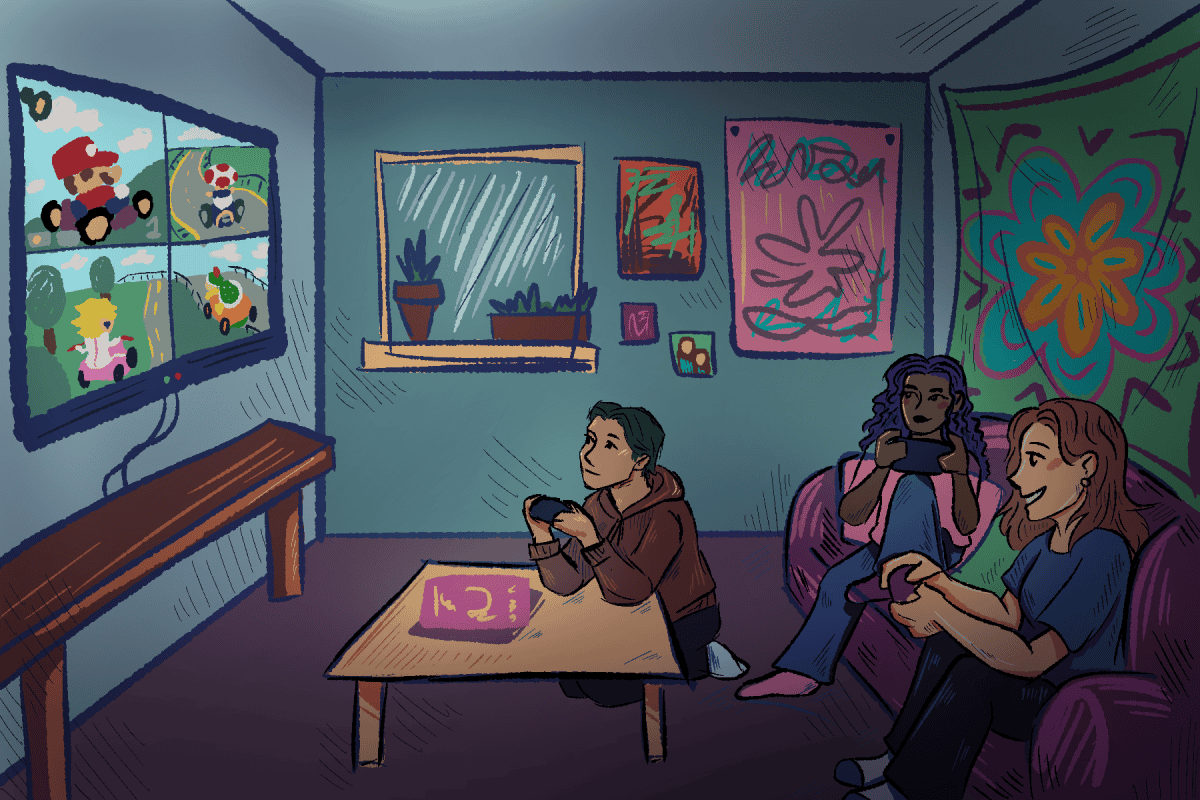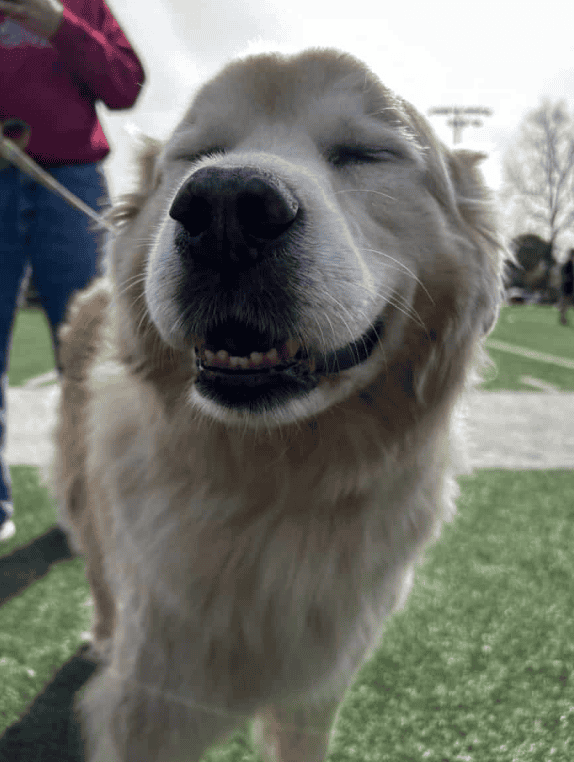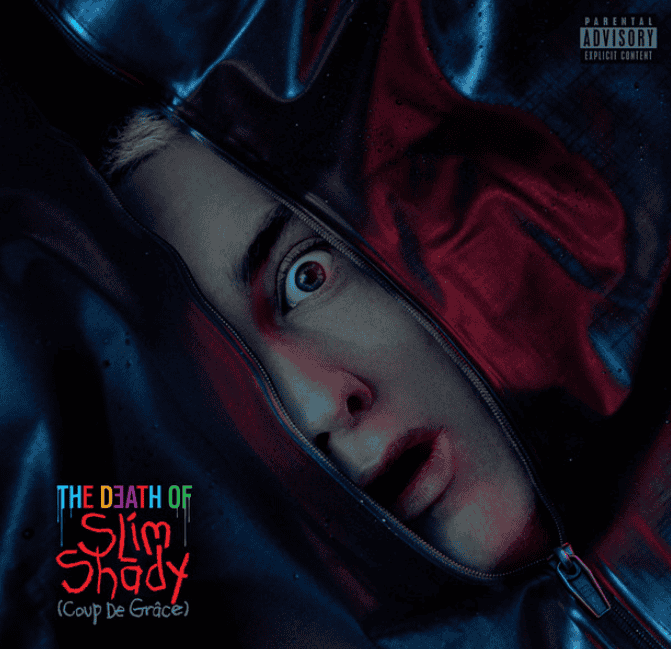Entering college can be one of the most exciting times of any person’s life. A new city, new friends, a big new campus to explore and seemingly endless possibilities arise whenever someone starts college. The beginning of college can also be a strenuous exercise, attempting to figure out what needs to be done, when it needs to be done and how to go about doing so.
Students can start feeling severe amounts of stress that can change their life. While this can be cause for students to repress their feelings, the National Alliance on Mental Illness (NAMI) seeks to eliminate the stigmas surrounding mental health disorders and illnesses, hoping that doing so will allow people to discuss their mental health without shame or embarrassment.
NAMI-UA seeks to make this change as well. This is one of the reasons the chapter annually hosts Mental Health Monologues. Mental Health Monologues, hosted Wednesday, March 21 at the Ferguson Center Theatre, was an event in which students and faculty submitted anonymous monologues, describing life with a mental health condition, that were then performed by actors.
This event attempts to shed light on understanding mental health as well as prioritizing discussions about mental health conditions, hoping this can facilitate change that allows people to feel like they can speak about their mental health without feeling ashamed. Leading this charge is the president of NAMI-UA, Helmi Henkin, a senior majoring in psychology and French.
“The idea is that it makes students aware that anybody could be struggling with something huge,” Henkin said. “I hope [students] recognize that mental health is something that should be prioritized and that mental health conditions are something that are incredibly common and nothing to be ashamed about.”
Henkin also stressed that any students in need of mental health support can text “BAMA” to 741741 and they’ll be anonymously connected to a crisis hotline.
According to NAMI’s official website, one in five adults experience a mental health condition in a given year, adding urgency to Henkin’s message.
The performers themselves are required to bring empathy and truth to these anonymous monologues to be able to create an authenticity that the audience can grapple with, allowing listeners to feel as though they intimately understand the difficulties of each monologue being read.
Andrew Schwitzgebel, a senior majoring in microbiology who performed in Mental Health Monologues and serves as treasurer for NAMI-UA, echoes a similar sentiment.
“Mental Health Monologues is really important because it’s a really good way to help students understand what it’s like to live with a mental illness,” Schwitzgebel said. “We’re trying to tear down the stigma around talking about it because that’s probably the single most harmful thing to a person with a mental illness: the fear of talking about it.”
“[Mental Health Monologues] is something that’s powerful – there’s a lot of strength in the ability to even talk about it in a way that someone can replay on stage,” said Karriem Grogan, a junior majoring in interdiscplinary arts and community engagement.
Grogan was also especially enthusiastic about using artistry to express these stories.
“Telling [these] stories can change an entire narrative about what it means to have a mental health issue,” he said.
By telling these stories in a way that allows the audience to understand and empathize with issues that they might not be able to otherwise, NAMI-UA’s Mental Health Monologues hopes to provide ways to start tearing down the stigmas that accompany mental health issues and make students feel like they are able to discuss when they are having troubles with their mental health.
“I just love raising awareness because you never know whose life you’re going to change,” Henkin said.







